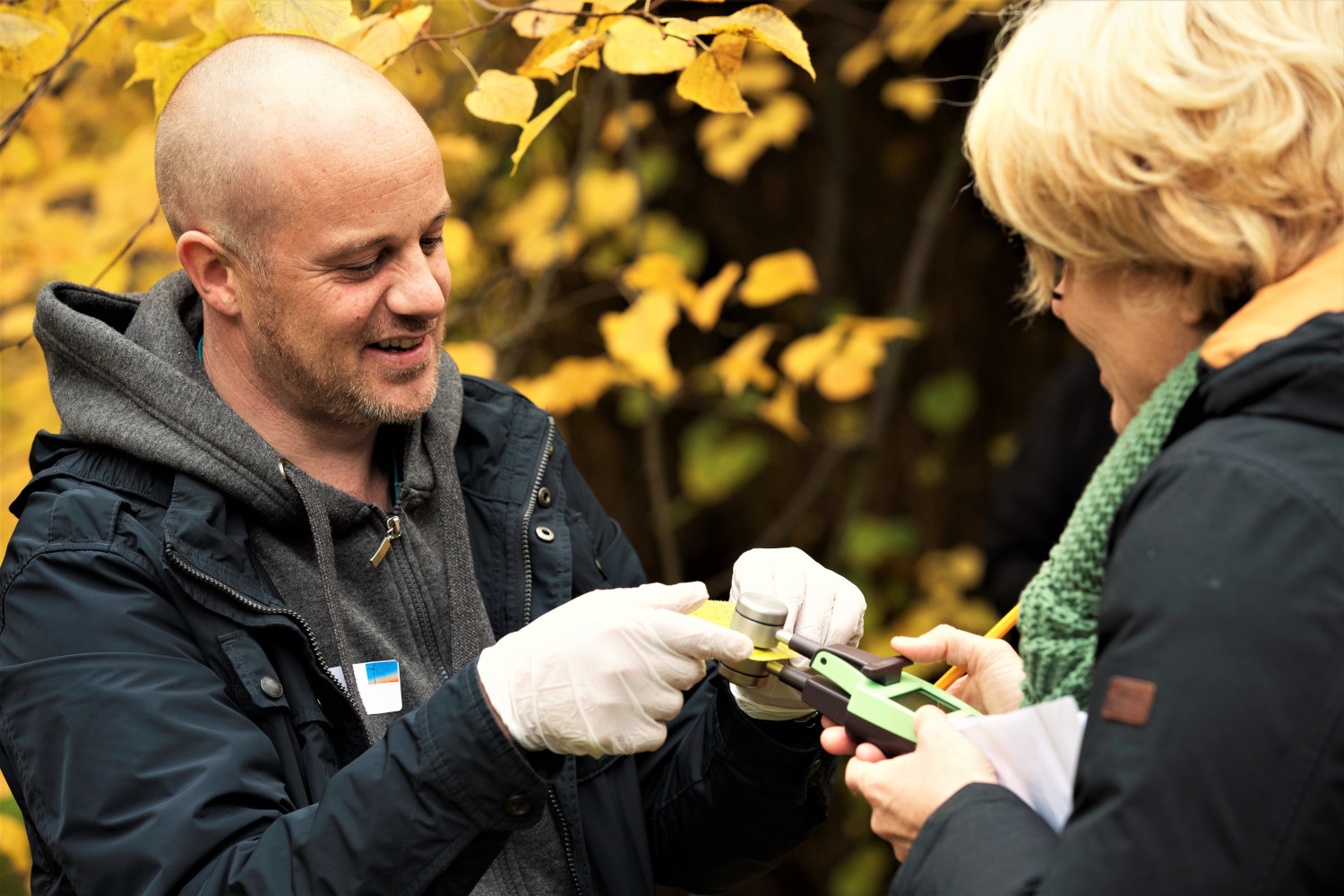
MICS: Special issue of Sustainability “Citizen Science for Sustainable Cities: Investigating Nature-Based Solutions”
EU-Citizen.Science
Oct. 21, 2020, 2:11 p.m.
A special issue of Sustainability, entitled “Citizen Science for Sustainable Cities: Investigating Nature-Based Solutions” is open for submissions, and will close on 30 June 2021. Submissions are encouraged that explore a range of nature-based solutions (NBS) on urban and peri-urban environments, with the participation of citizen science.
It is projected that by 2050, two-thirds of us will live in cities. Urban life can bring many benefits, but there have been significant increases in water, soil, and air pollution, exacerbated urban heat island effect and more frequent flooding. This is causing problems for society, economic prosperity, infrastructure, and the environment. These problems are only expected to get worse as climate change progresses.
NBS, methods that use nature (or mimic natural processes) for the benefit of people and their environment, provide sustainable options that can increase the resilience of cities and mitigate the effects of climate change. While the potential benefits of NBSs have been described, efforts to estimate these benefits remain inconsistent and rarely conducted across large spatial and temporal extensions.
Citizen science, actively involving non-scientists in scientific research, has proven to be a cost-effective method of studying how NBS can help cities adapt to climate change. Based on the collaborative effort between scientists, agencies, and the general public, citizen science can fill the information gap. Citizen science provides a further benefit of improving participation and understanding for local populations in managing their local environment.
“Nature-based Solutions help us to tackle the major environmental challenges faced in urban areas, which are often caused by how cities are managed. NBS not only help to reduce carbon our cities, but also cool them down, help manage flooding, and increase biodiversity. They ensure a long-term resilience and better quality of life, with minimal intervention or maintenance.
Using citizen science to research NBS is a great way of raising societal awareness of urban environmental issues and the many benefits of urban nature. Citizen science helps people to be part of the solution! It facilitates social responsibility as well as empowering individuals to take their own sustainable actions. We believe that the care and power of collective action through citizen science can make a substantial positive change to our urban ecosystems.” Macarena Cardenas, Climate-proof cities Research Manager, Earthwatch Europe.
The Special Issue of Sustainability will be edited by three Earthwatch scientists: Prof. Dr Steven Loiselle, Earthwatch Institute (Europe), Dipartimento di Biotecnologie; Dr Macarena L. Cardenas, Earthwatch Institute (Europe) and Dr. Claire Narraway, Earthwatch Institute (Europe). They will be joined by Prof. Dr. Shyam R. Asolekar, Environmental Science & Engineering Department (ESED), Indian Institute of Technology Bombay; Dr. Jonathan D. Paul, Department of Earth Sciences, Royal Holloway, University of London; Dr. Jérôme Ngao, French National Institute for Agriculture, Food, and Environment (INRAE).
For more information about the issue and submission guidelines head over to Sustainability or contact Dr Macarena Cardenas at: mcardenas@earthwatch.org.uk